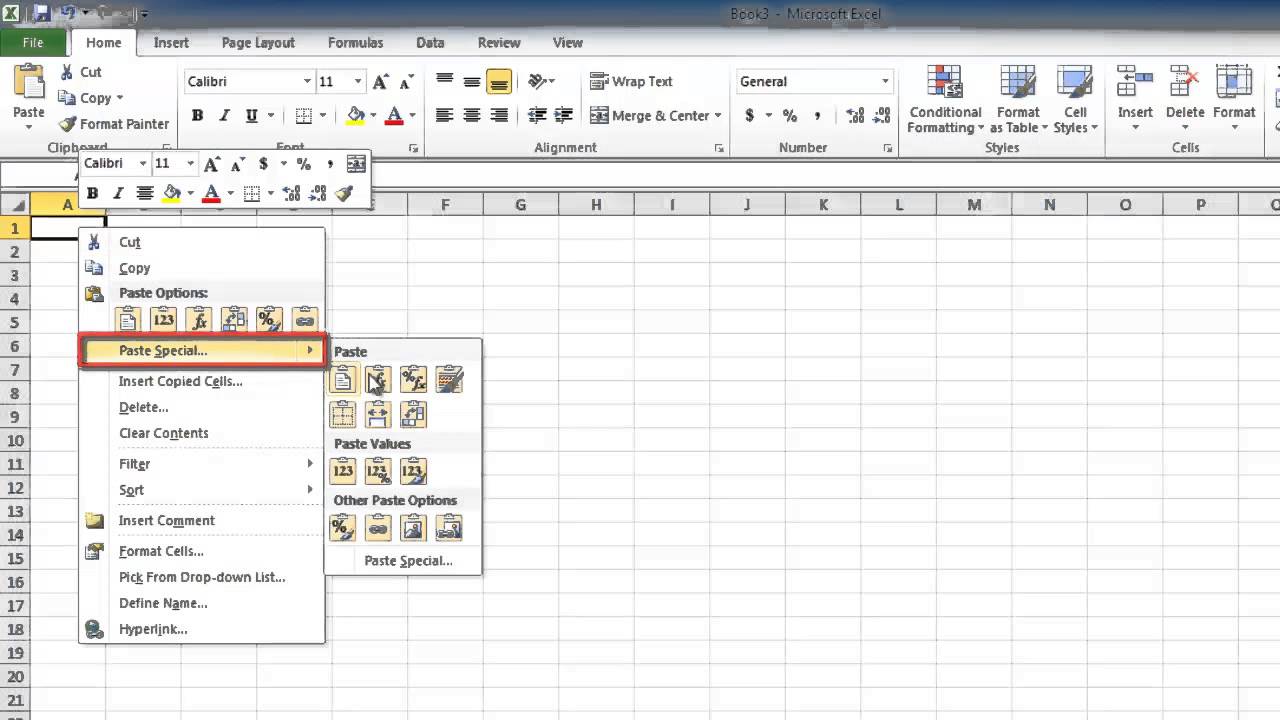Essential Paperwork for Teaching in France: What You Need

Embarking on a teaching career in France can be an exhilarating journey, not just for the chance to immerse oneself in its rich culture, but also for the opportunity to contribute to its educational system. However, before you can inspire young minds in a French classroom, you'll need to navigate through the essential paperwork. Understanding what documentation you require is crucial for a smooth transition into the teaching environment in France.
The Essentials: Required Documentation

France is known for its bureaucratic processes, and teaching in this country is no exception. Here’s a breakdown of the key documents you will need:
- Visa: For non-European Union (EU) citizens, securing the right visa is your first step. EU citizens enjoy more straightforward access, but non-EU teachers must:
- Apply for a long-stay visa which covers stays longer than 90 days.
- Visit a French consulate or embassy with documents like your passport, proof of funds, health insurance, and a teaching offer.
- Work Authorization: Teaching positions often come with a carte de séjour, a resident permit that also serves as work authorization. Make sure your employment contract states your role explicitly.
- Criminal Record Check: A clean criminal record is essential, often required in the form of an extrait de casier judiciaire or similar documents from your home country, sometimes apostilled.
- Diploma Recognition: Your teaching qualifications need to be recognized by the French education system. This might involve:
- Providing official transcripts and degrees, which may need to be translated into French.
- Seeking equivalence from French authorities if your degree isn't from an EU country.
Navigating French Bureaucracy

Preparing the right paperwork is one thing; navigating the bureaucratic maze is another. Here’s how you can smooth the process:
- Understand the Language: A basic to intermediate understanding of French will make your administrative tasks much easier.
- Gather All Documents Early: France's administration prefers well-prepared individuals; gather all required documents early and keep backups.
- Seek Assistance: Look into expat groups, teaching associations, or use the services of a relocation expert for guidance.
- Stay Patient and Persistent: Bureaucracy can be slow, so patience and persistence are your allies.
Preparing for the Cultural Shift

Teaching in France isn’t just about paperwork; cultural adaptation plays a significant role. Here’s how you can prepare:
- Understand the French Education System: Learn about the curriculum, assessment methods, and school structure.
- Adapt to Cultural Nuances: French culture values formality and respect in the classroom, which can differ from other educational systems.
- Plan for Professional Development: Engaging in local teacher training or cultural exchange programs can be beneficial.
📘 Note: Don't hesitate to reach out to schools or local education authorities for support with cultural integration and administrative processes.
The Paper Trail

To streamline your journey, here’s a table of the documents you’ll need, how to obtain them, and potential timelines:
| Document | How to Obtain | Timeline |
|---|---|---|
| Visa/Resident Permit | French consulate or embassy | 3-6 months |
| Work Authorization | Employment contract specifying teaching role | Variable |
| Criminal Record Check | Home country’s issuing authority, sometimes apostilled | 2-4 weeks |
| Diploma Recognition | From the French Education Ministry or a delegated organization | 1-3 months |

In summary, embarking on a teaching journey in France requires meticulous preparation, from visas to diploma recognition. Ensuring you have all the necessary paperwork, understanding the bureaucratic landscape, and being ready for cultural integration will set you on the path to a successful teaching career in one of Europe's most iconic countries.
Can I apply for French teaching jobs from outside France?

+
Yes, many schools in France advertise their vacancies online, which you can apply for from abroad. However, having the paperwork sorted, especially your visa, before moving can expedite your hiring process.
How long does the visa process take?

+
The visa application process can take anywhere from three to six months, depending on the country, time of year, and complexity of your case. It’s advisable to start early.
Is French language proficiency necessary to teach in France?

+
Yes, while teaching English as a second language requires fluency in English, proficiency in French is highly recommended for better integration, understanding the curriculum, and administrative purposes.



